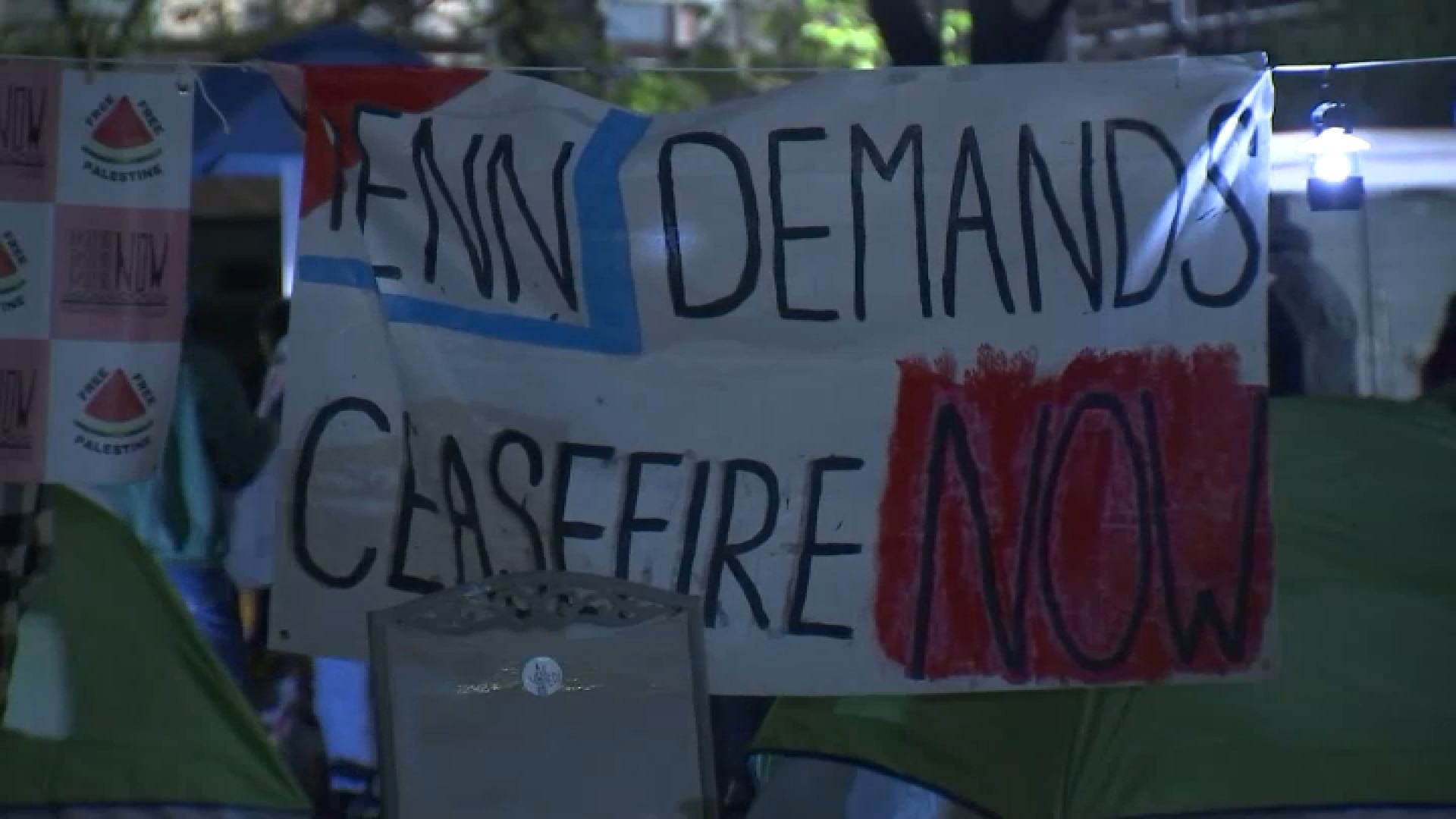Alan Yatvin says it's never been easy for a citizen to file a complaint against a Philadelphia police officer.
The first step, after all, is to talk to the police, the longtime defense attorney said.
"We had lots of stories of clients requesting a citizen complaint form and the officer at the front desk would say, 'You have to give me a name and date of birth,'" Yatvin said, adding that it's been a while since he had a client who filed a complaint. "The whole thing was designed to intimidate people."
If a citizen braved the initial round of questioning and filled out the complaint form, he said it could disappear into a blue void.
Get Philly local news, weather forecasts, sports and entertainment stories to your inbox. Sign up for NBC Philadelphia newsletters.
"They’d give the form back and you’d never hear a thing," Yatvin said.
In Philadelphia, the only agency that investigates police misconduct is the police.
There is effectively no community review board that handles citizen complaints. That's not the case in other big cities like Chicago or New York City, where independent civilian oversight is funded with millions of dollars in public money.
Local
Breaking news and the stories that matter to your neighborhood.
Philadelphia's underfunded Police Advisory Commission in the past investigated citizen complaints. But since a 2017 restructuring, the commission's task has been to review police department policies and issue reports.
"We haven’t held hearings for a while and that’s related to resources," PAC chairwoman Ronda Goldfein said. We have to make the decision about how to give the city the best value. In the end, our resources are better used to look at systemic issues."
That could change as calls for police reforms mount following the death of George Floyd in Minneapolis and widespread mass protests last week. Both Philadelphia City Council and Mayor Jim Kenney now say that independent reviews of citizen complaints and police misconduct should be enacted.
How to 'Institutionalize' Police Conduct Review in Philadelphia
Weeklong protests in Philadelphia and across the country put pressure on elected officials and police departments to come up with reforms that would add accountability and transparency to police misconduct.
City Council in Philadelphia this week pushed the Kenney administration to act by sending a letter to the mayor outlining 15 reforms. Kenney, in turn, announced 29 reforms at the city and state level that he would immediately push for, with the help of Police Commissioner Danielle Outlaw.
Expanding independent oversight of police misconduct and civilian complaints was on the lists of reforms from both Council and Kenney.
The Police Advisory Commission's current budget is $640,000. That's 0.08% of the police department's $776 million budget.
Mayor Jim Kenney has proposed reducing the commission's funding to $525,000 in the city's 2020-2021 budget. City Council is currently holding hearings on the budget that must be approved by June 30.
"I was incredibly disappointed," PAC executive director Hans Menos said of the proposed reduction to the commission's budget. "I think it’s a lesson. Other cities have figured out that there are going to be financial crises and challenges to the budget. We need to institutionalize civilian [police] oversight so it can’t be cut when there is a downturn. Too bad we’re not like Chicago and New York City that absolutely tie their oversight budget to their police department budget."
In New York City, the civilian board that hears complaints against the police department has a $19 million annual budget. Its budget is legally mandated to be 0.65% of the police department's budget
In Chicago, the police accountability office has a nearly $14 million annual budget, which is required by law to be 1% of the police department's.
How to File a Complaint Against a Cop in Philadelphia and What Happens Next
The job of investigating citizen complaints is within the responsibilities of the police department's Internal Affairs Bureau. They then hand off their findings to a commanding officer and possibly the Police Board of Inquiry.
Here's how the whole process works, according to lawyers familiar with the process and PAC officials:
- A citizen must fill out a complaint form and either email or mail it to Internal Affairs, or drop it off at a police district or headquarters. The complaint form can be downloaded or obtained at police districts, the District Attorney's office, the Police Advisory Commission, neighborhood advisory centers and the city Commission on Human Relations.
- Internal Affairs detectives investigate the complaint against the police officer, also known as "the CAP."
- After the initial investigation and if the complaint is found to be credible, Internal Affairs will hand off their findings to the officer's commander.
- The commanding officer will then decide if the findings should be sent to the Police Board of Inquiry for a formal hearing or whether the complaint requires only a "commander action," a lesser form of punishment that may be a reprimand or a note in the officer's personnel file.
- If the Police Board of Inquiry is handed the investigation, a departmental advocate who acts as the internal prosecutor will write up charges. At that point, the officer is "brought to the front," which is police parlance for a disciplinary hearing.
- The PBI hearing consists of a three-person panel, which includes a high-ranking department official and an officer of the same rank as the cop facing a charge.
- The panel makes a decision on the findings. If the complaint is sustained, the panel also decides on a punishment. That decision goes to the commissioner for approval.
- After the commissioner rules on the punishment, the Fraternal Order of Police union is able to grieve the finding in front of an arbitrator.
The entire process is governed by internal police department directives and the collective bargaining agreements included in the contract between the City of Philadelphia and the police union.
"Every time the contract comes up for renewal, there is talk of attacking the arbitration system. But then it comes back to Act 111," Yatvin said, referring to a Pennsylvania law that requires certain rules of arbitration remain for labor unions representing police officers and firefighters. "It’s hard to change the system."
Menos, the PAC executive director, said he has been pushing for more funding and better access to police disciplinary hearings like those of the PBI for years.
Yet his calls and letters to officials at City Hall and the police commissioner's office did not rouse much interest, he said.
That appears to have changed with the events of the last couple weeks, according to Goldfein, PAC's chairwoman.
"That has turned out, over the last two weeks, to be a call that can no longer be ignored," Goldfein said.



